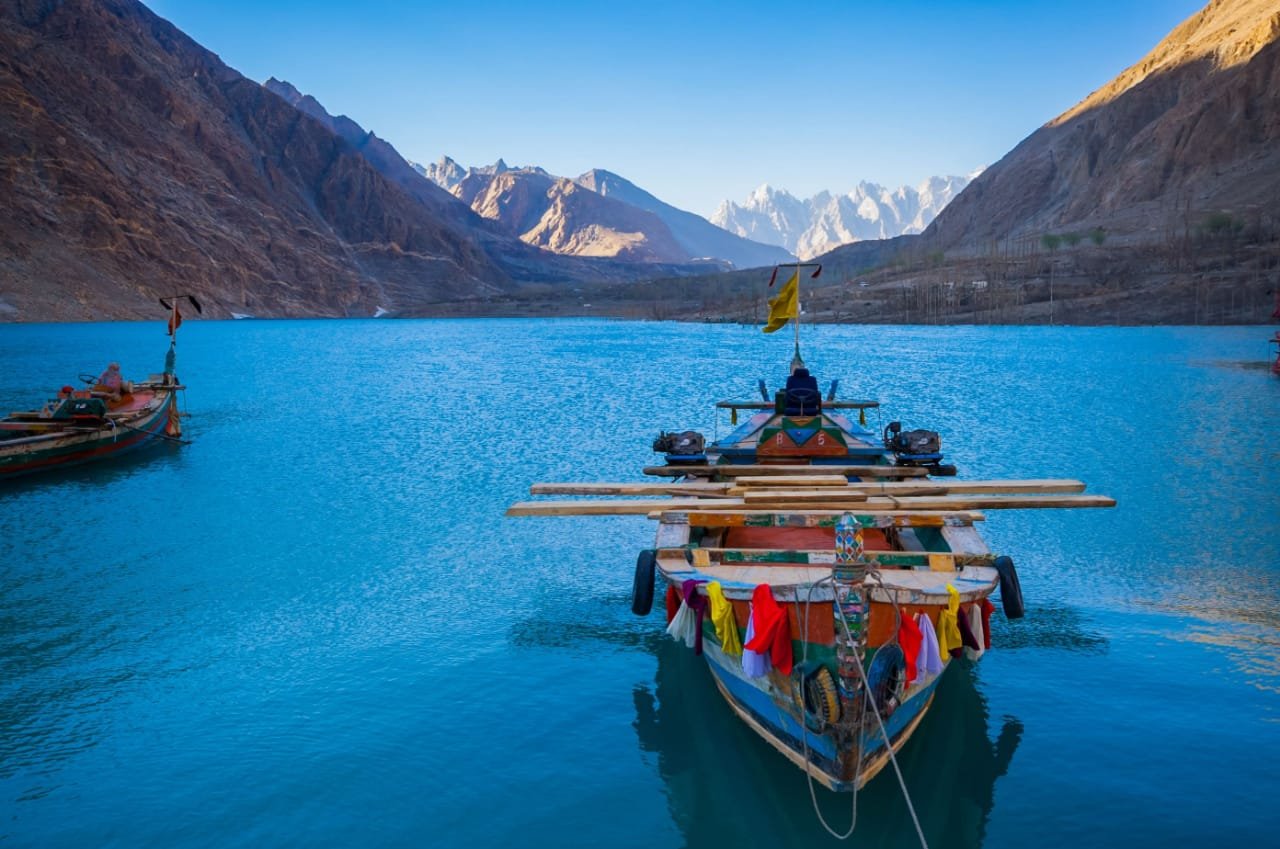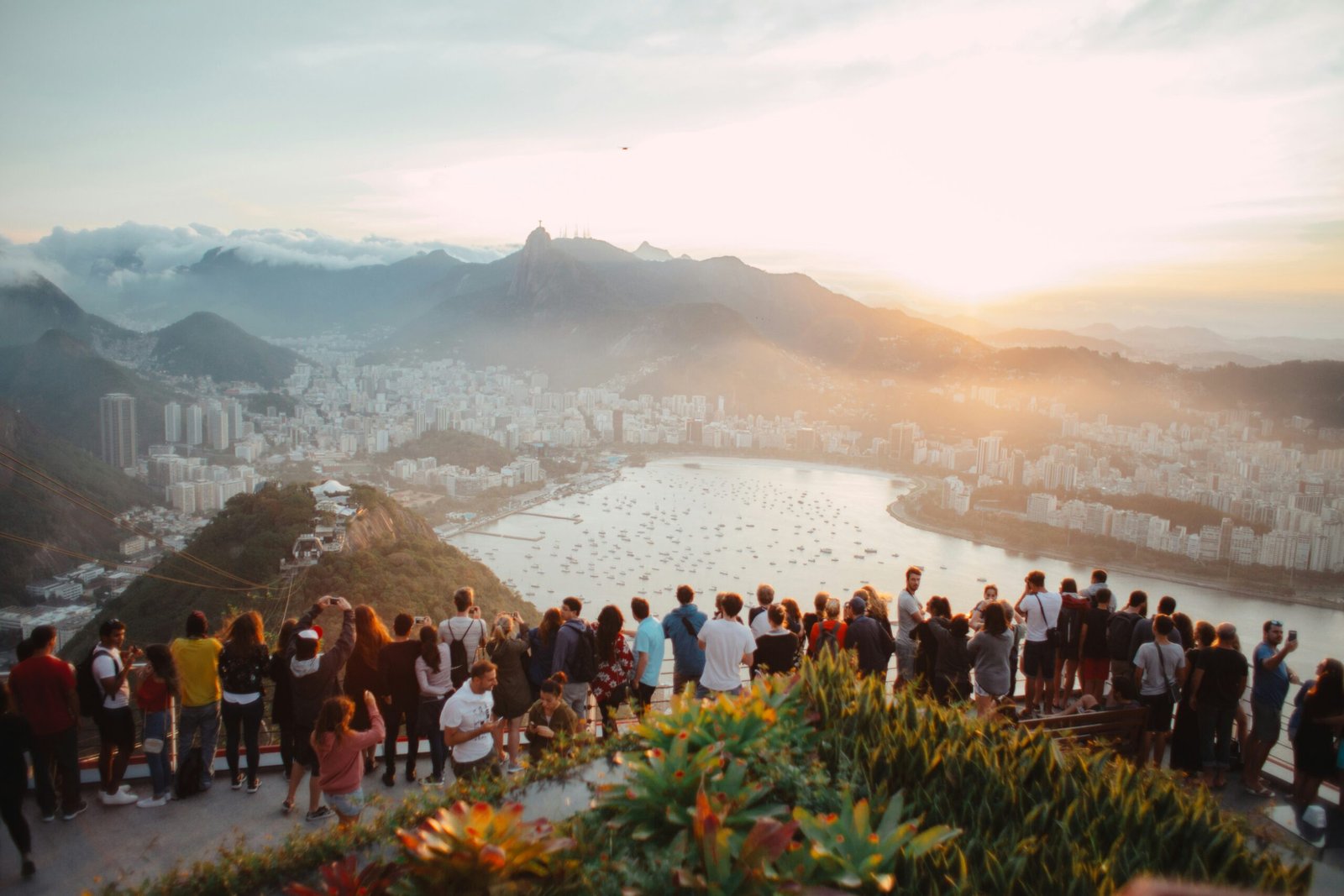First and foremost, let’s define the term “tourism.” Tourism refers to the activity of traveling to different destinations for recreational, cultural, or educational purposes. It involves visiting various attractions, landmarks, and experiencing the local culture and traditions. Tourists often engage in activities such as sightseeing, visiting museums and historical sites, trying local cuisine, and participating in guided tours.
On the other hand, a vacation is a period of time when an individual or a group of people take a break from work or their regular routine to relax, unwind, and rejuvenate. Unlike tourism, a vacation may not necessarily involve exploring new places or engaging in cultural activities. It can be as simple as staying at home, spending quality time with loved ones, or pursuing hobbies and recreational activities.
One of the key differences between tourism and vacation is the purpose behind the trip. Tourism is primarily motivated by the desire to explore and learn about different places and cultures. It is driven by curiosity and the need for new experiences. On the other hand, a vacation is more focused on rest and relaxation. It is a time to recharge and escape from the stresses of everyday life.
Another difference lies in the duration of the trip. Tourism often involves longer stays in a particular destination, allowing tourists to fully immerse themselves in the local culture and experience everything the place has to offer. Vacations, on the other hand, can be shorter in duration, ranging from a few days to a couple of weeks. They are usually planned to fit within a specific timeframe, such as school holidays or work breaks.
Furthermore, the level of planning and organization also sets tourism apart from a vacation. Tourism often requires meticulous planning, including booking accommodations, arranging transportation, and creating an itinerary to ensure that all desired attractions and activities are covered. Vacations, on the other hand, can be more spontaneous and flexible. They can be planned last-minute or even be impromptu trips, allowing for a more relaxed and laid-back experience.
In conclusion, while both tourism and vacation involve travel and taking a break from routine, they differ in terms of purpose, duration, and level of planning. Understanding these differences can help you choose the type of travel experience that best suits your needs and preferences. Whether you are looking to immerse yourself in new cultures or simply unwind and recharge, both tourism and vacation offer unique opportunities for exploration and relaxation.
One of the most popular forms of tourism is eco-tourism, which emphasizes responsible travel and sustainable practices. Eco-tourists are drawn to destinations that showcase and protect the natural environment. They often participate in activities such as hiking, wildlife spotting, and visiting national parks or nature reserves. Eco-tourism not only allows travelers to appreciate the beauty of the natural world but also promotes conservation efforts and supports local communities.
Adventure tourism, on the other hand, appeals to thrill-seekers and adrenaline junkies. This type of tourism involves engaging in high-risk activities such as bungee jumping, skydiving, rock climbing, or white-water rafting. Adventure tourists are motivated by the desire to push their limits, challenge themselves, and experience a rush of excitement. Popular destinations for adventure tourism include places with rugged landscapes, such as mountains, deserts, or jungles.
Cultural tourism focuses on immersing oneself in the local culture and traditions of a destination. Travelers who engage in cultural tourism are interested in experiencing the art, music, cuisine, and customs of a particular place. They may visit museums, attend cultural festivals, take cooking classes, or stay with local families to gain a deeper understanding of the local way of life. Cultural tourism fosters cross-cultural exchange and appreciation, promoting global understanding and tolerance.
Other forms of tourism include medical tourism, where individuals travel to receive medical treatments or procedures; religious tourism, which involves visiting religious sites or participating in pilgrimages; and culinary tourism, which revolves around exploring the local cuisine and food culture of a destination.
Regardless of the type of tourism, one of the main benefits is the economic impact it has on a destination. Tourism can generate revenue, create job opportunities, and stimulate local businesses. It can also contribute to the preservation and restoration of historical sites and cultural heritage. However, it is essential for tourism to be managed sustainably to minimize negative impacts on the environment and local communities.
In conclusion, tourism is a multifaceted industry that encompasses a wide range of activities and interests. Whether it is exploring the natural wonders of a destination, seeking adventure and adrenaline, immersing oneself in a different culture, or receiving specialized medical care, tourism offers something for everyone. It has the power to create memorable experiences, foster cultural exchange, and contribute to the economic development of communities around the world.
What is a Vacation?
A vacation, on the other hand, is a period of time when an individual or a group of people take a break from work or their regular routine and engage in leisure activities. Unlike tourism, a vacation is often more relaxed and spontaneous. It is a time to unwind, recharge, and enjoy some much-needed rest and recreation.
During a vacation, people may choose to stay at a resort, go on a cruise, or simply spend their time at home, indulging in hobbies and spending quality time with loved ones. The focus of a vacation is often on relaxation, rejuvenation, and personal enjoyment.
While tourism is typically associated with exploring new places and immersing oneself in different cultures, a vacation can also involve staying in familiar surroundings and taking a break from the daily grind without necessarily venturing far from home.
There are various types of vacations to cater to different preferences and interests. Some people may opt for an adventurous vacation, such as hiking in the mountains or exploring a new city. Others may prefer a beach vacation, where they can soak up the sun, swim in the ocean, and enjoy water sports. For those seeking tranquility and solitude, a secluded cabin in the woods or a yoga retreat may be the perfect choice.
Moreover, vacations can also be a great opportunity to learn and expand one’s horizons. Many travelers use their time off to engage in educational activities, such as attending workshops or language courses. Others may choose to volunteer and contribute to a local community or conservation project, combining their vacation with a sense of purpose and giving back.
Regardless of the type of vacation chosen, the main goal is to detach from the demands of everyday life and embrace a different pace. It is a chance to break free from the monotony of work, responsibilities, and obligations, and to focus on personal well-being and happiness.
5. Budget:
Another key difference between tourism and vacations is the budget. Tourism can be a more expensive endeavor as it often involves traveling to different destinations, staying in hotels or resorts, and engaging in various activities that may require additional fees. On the other hand, vacations can be more budget-friendly as they can be enjoyed closer to home, in familiar surroundings, and with fewer expenses. People can choose to have a staycation, where they relax and enjoy their time off without the need for extensive travel or high-cost activities.
6. Cultural Immersion:
One aspect that sets tourism apart from vacations is the opportunity for cultural immersion. When engaging in tourism, individuals have the chance to learn about different cultures, interact with locals, and experience the traditions and customs of the places they visit. This can include attending cultural events, visiting historical sites, and exploring local markets. While vacations can also offer opportunities for cultural experiences, they are often more focused on personal relaxation and enjoyment rather than deep cultural immersion.
7. Frequency:
Tourism and vacations also differ in terms of frequency. Tourism can be a sporadic activity that individuals engage in occasionally, such as during holidays or special occasions. It may require more time, planning, and resources, making it less frequent for some people. Vacations, on the other hand, can be more regular and recurring. Many individuals take annual vacations to unwind, spend time with family, or explore new places. Vacations can provide a much-needed break from routine and serve as a regular source of rejuvenation.
8. Impact:
Lastly, tourism and vacations can have different impacts on individuals and the places they visit. Tourism can have a more profound impact as it allows individuals to broaden their horizons, gain new perspectives, and create lasting memories. It can also contribute to the local economy, supporting businesses and creating job opportunities. Vacations, while still valuable for personal well-being, may have a more limited impact as they are often focused on relaxation and personal enjoyment rather than larger societal or economic benefits.
In conclusion, while tourism and vacations share some similarities in terms of leisure activities and the desire to take a break from everyday life, there are key differences that set them apart. Understanding these differences can help individuals make informed choices about how they want to spend their time off and what experiences they seek to gain.

